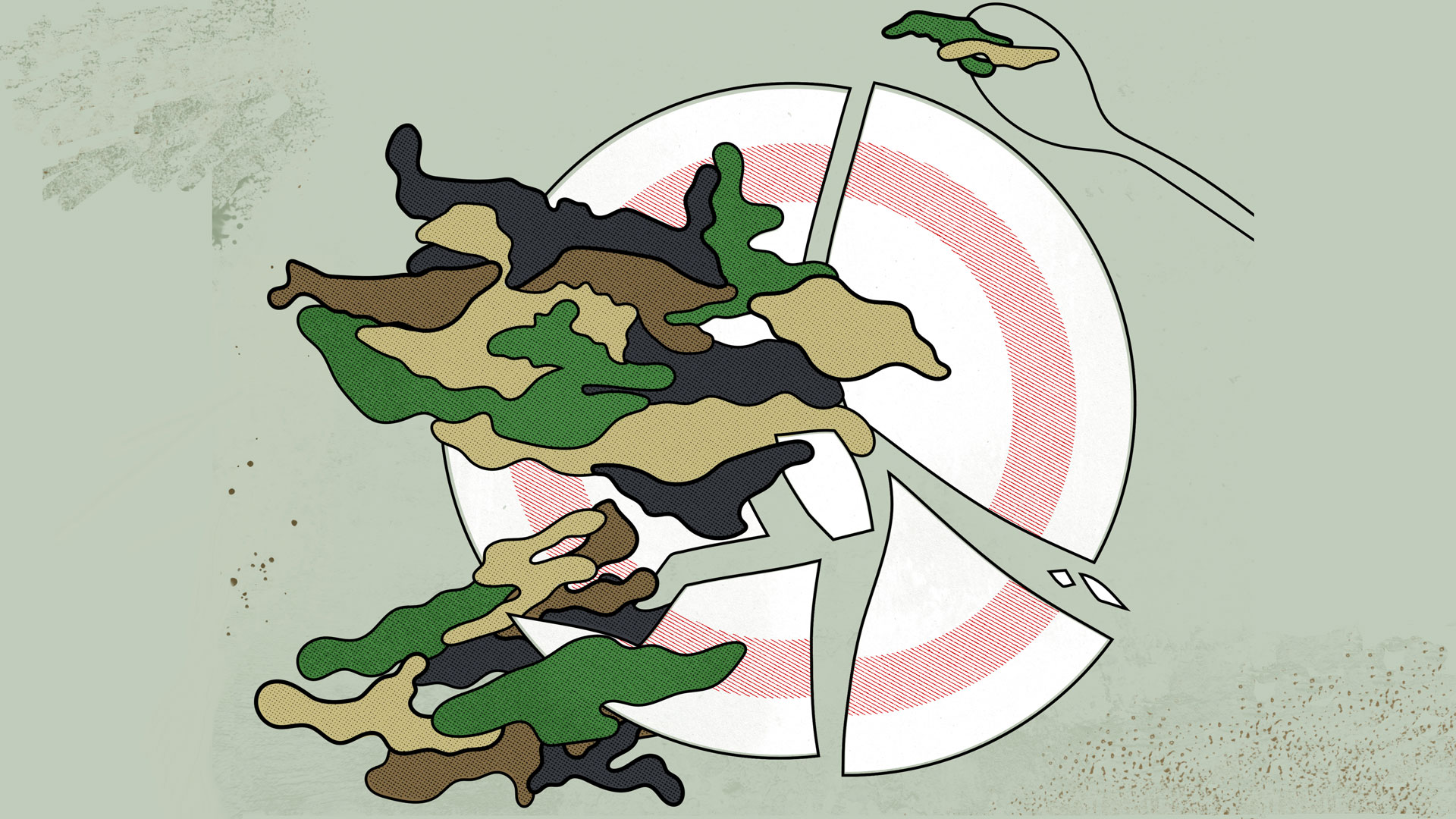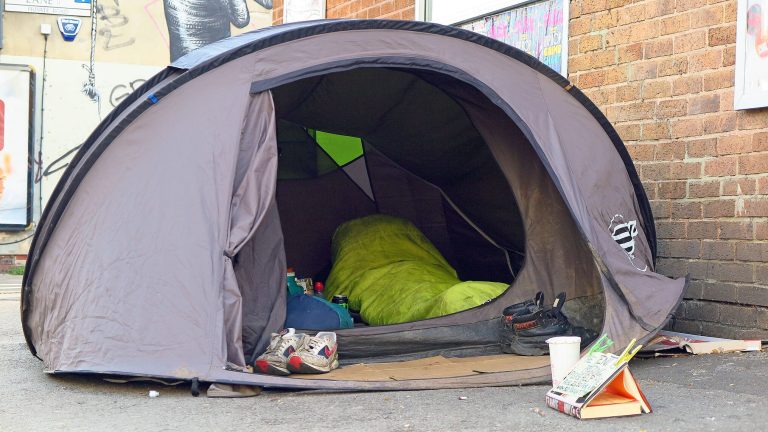How much would you expect to pay for the most basic plate of food? The kind of thing you might whip up at home – nothing fancy, just enough to fill you up and meet a third of today’s calorie needs. A soup, maybe, or a simple stew – some beans or lentils, a handful of rice, bread or corn?
In the rich Global North (studies use New York as an example) such a meal would cost almost nothing to make: 0.6 per cent of the average daily income, or $1.20.
In parts of the developing world, by contrast, food affordability can shrink to the point of absurdity: in South Sudan, a country born out of war and disintegrating into more war, the meal-to-income ratio is 300 times that of industrialised countries. It is, in other words, as if a New Yorker had to pay nearly $348.36 for the privilege of cooking and eating that plate of food. How do people in South Sudan afford it? It’s simple. They don’t.
This is not a unique issue to South Sudan. Across the board, food is becoming ever less affordable in poorer countries that are subject to political instabilities.
Lack of access to food, and the costliness of it, has many causes: climate extremes, natural disasters, post-harvest losses, or bad governance, all of which can damage – or even shatter – farming supply chains and markets.
But, one overriding cause stands out: conflict. At the World Food Programme (WFP), we’ve long known that hunger and war are tragically symbiotic. Which makes it that much harder to eradicate the one without ending the other.










